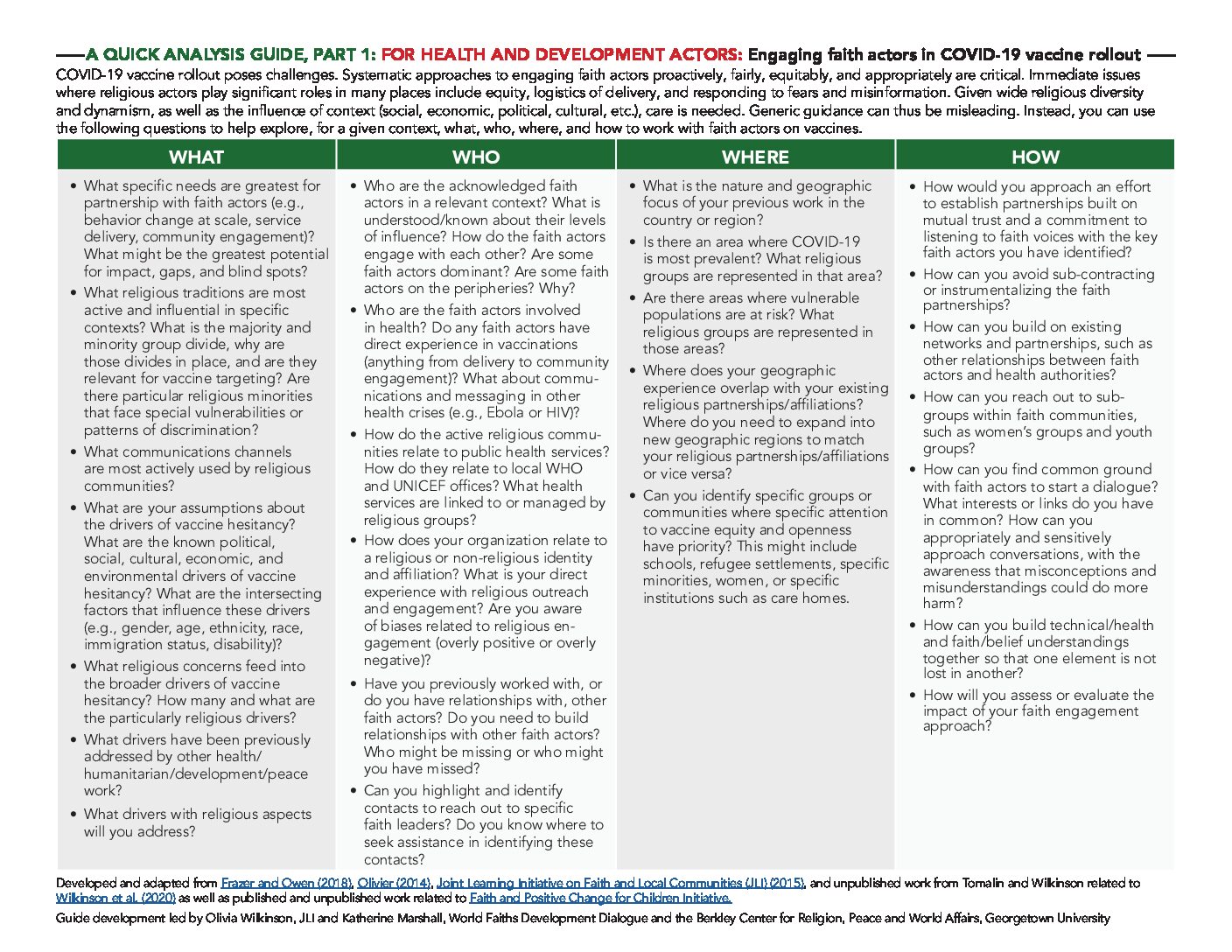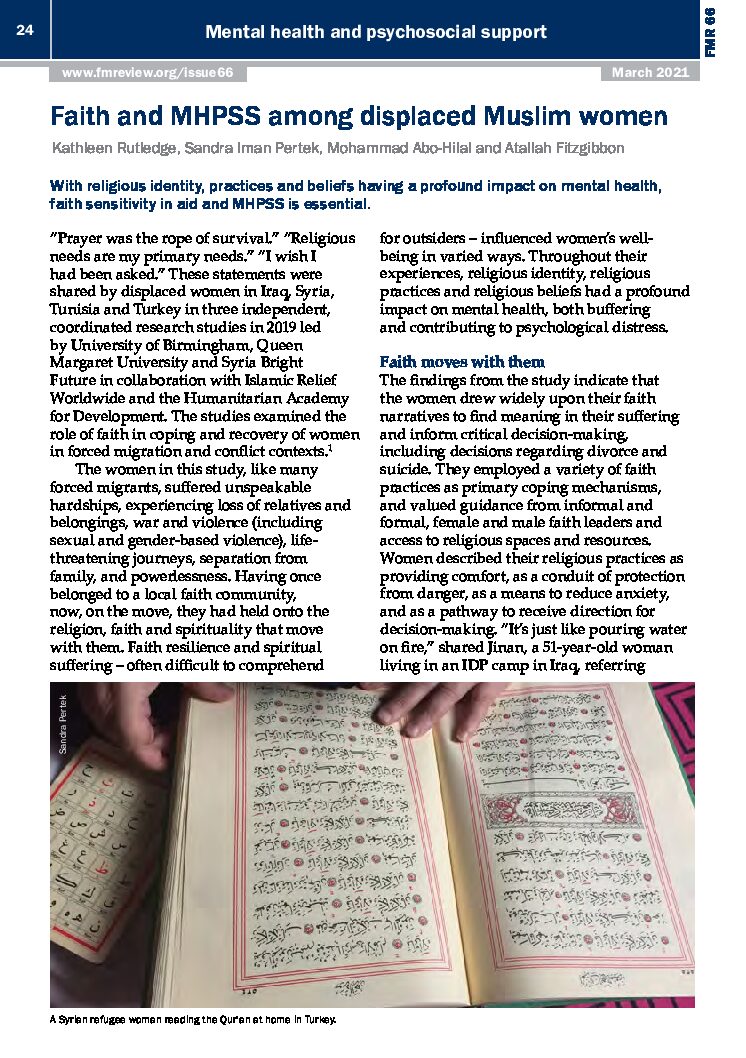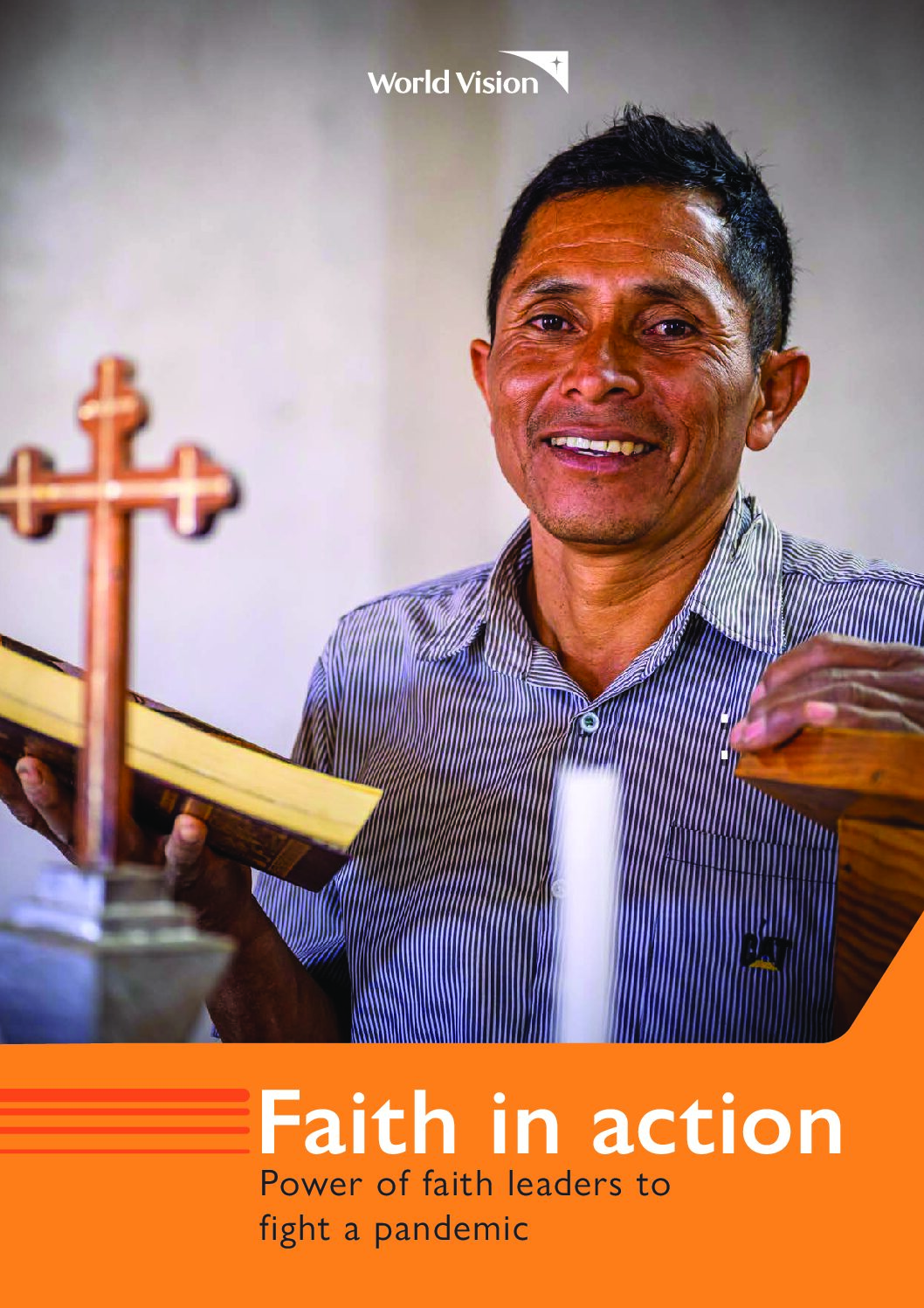Time: 9am New York | 2pm London | 4pm Nairobi | 6.30pm Delhi | 9pm Manila
As the Looking back to look forward: COVID-19 and Faith Reflections on 2020-2021 Webinar Series continues, this event aims to showcase on-ground stories and case studies—shared by local faith actors—that include and also go beyond COVID-19 awareness and provision of health services. Given that the pandemic has posed a number of other pressing issues and challenges that local faith actors must deal with, this session highlights faith-inspired responses to social and economic implications of COVID-19 on women’s rights, mental health, livelihoods, misinformation, peacebuilding, and beyond. Local faith actors from Sri Lanka, the Philippines, the Arab World, and elsewhere will share their stories with an emphasis on their opportunities and challenges during the response.
This webinar will be co-hosted by JLI’s Fair & Equitable Dialogues Series, with the support of KAICIID, and in conjunction with the Religious Responses to COVID-19 project with The Berkley Center for Religion Peace and World Affairs at Georgetown University and the World Faiths Development Dialogue (WFDD).
The discussion will be in English with simultaneous translation to Arabic, French and Spanish.
Click Here to register
Moderator:
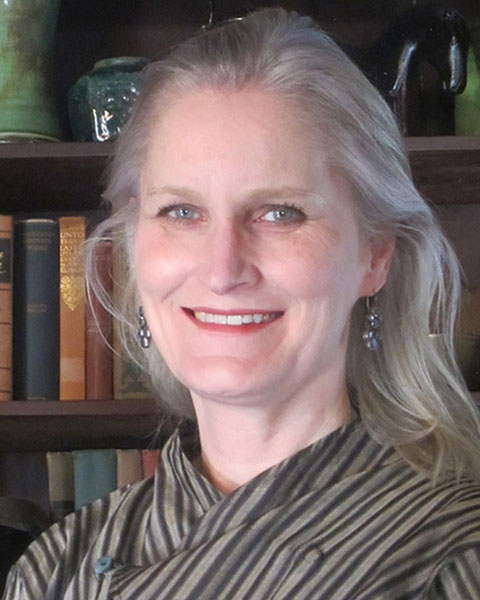
Kirsten Laursen Muth
Kirsten Laursen Muth is Chief Executive Officer of the Joint Learning Initiative on Faith & Local Communities. Kirsten’s previous positions include: special advisor for leadership development and senior director for international programs at Episcopal Relief & Development and deputy director of programs at Church World Service. She has collaborated with multiple UN agencies and has worked with government, non-profit, education, and faith organizations in more than 40 countries. In recent years, she has focused on GBV prevention and response of faith actors, with a special interest in women’s movements.
Introductory Remarks:
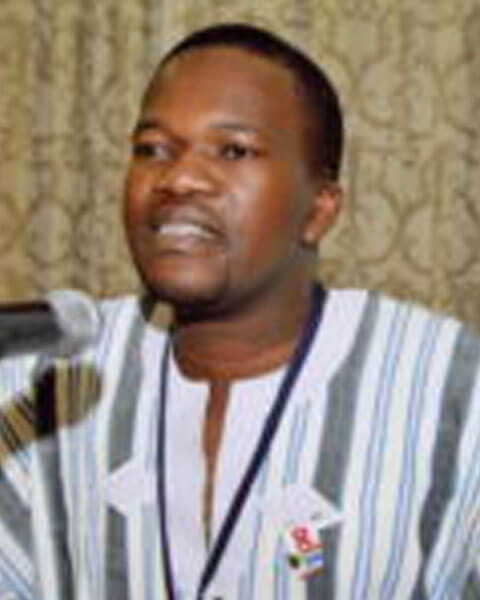
Ezra Chitando, University of Zimbabwe
Ezra Chitando serves as the Southern Africa Regional Coordinator for the Ecumenical HIV and AIDS Initiatives and Advocacy, a programme of the World Council of Churches. He is a Professor of Religious Studies at the University of Zimbabwe. He is also an extraordinary professor at the Desmond Tutu Centre for Religion and Social Justice at the University of the Western Cape, South Africa. He has diverse research, activism and publication interests. These include religion and: health, sexuality, development, security, peacebuilding, gender, politics, climate change, disability and others.
Speaker:
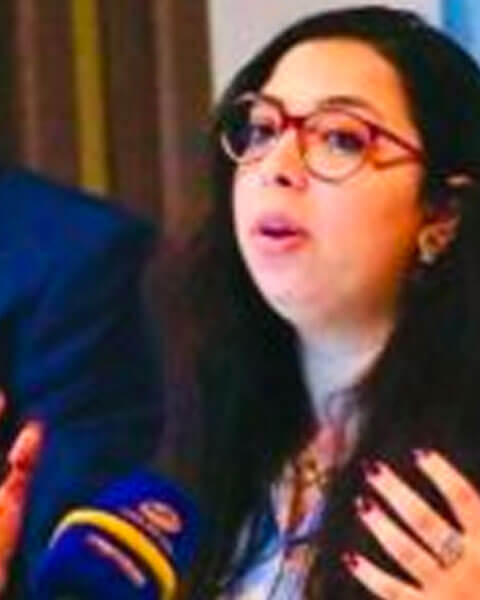
Mrs. Monica Tawdros, Maat for Peace, Development and Human Rights
Monica Tawdros is the Director of Programs and Projects Department at Maat for Peace, Development, and Human Rights. Previously, she was also the Head of Communication Department with UN Special Procedures.
Monica is a youth worker who is mainly active in peace-building and youth empowerment. She holds a Bachelor’s degree in Political Science from Cairo University. She has participated in different consultative events and seminars related to the role of Arab youth in peace-building and the Sustainable development agenda 2030. For instance, the G20 Interfaith Forum, and the North-South Centre’s Seminar: Enhancing interregional and multilevel cooperation to support local youth engagement in peace processes, a Follow-up event of the Lisbon Forum, in addition to several youth exchange programs and attended different youth mobility projects supported by Erasmus+.
She is also a specialized trainer on countering terrorism and hate speech actions and strategies, as well as building sustainable peace through several international mechanisms.
Speaker:
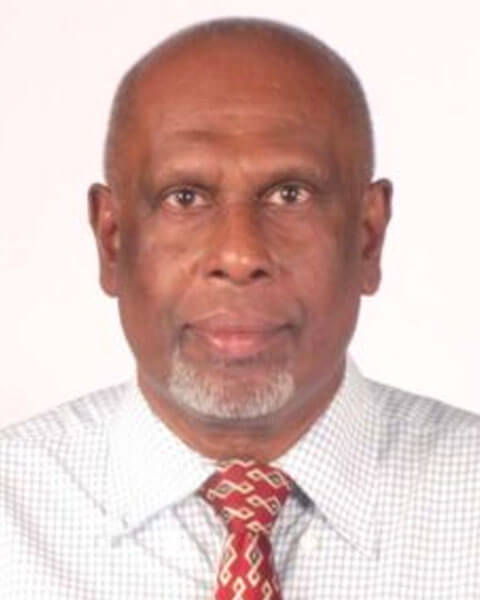
Kalinga Tudor Silva, Professor, Professor Emeritus (Sociology)
Kalinga Tudor Silva holds a BA from the University of Peradeniya and PhD from Monash University, Australia. He served as the Executive Director of the Centre for Poverty Analysis from 2001 to 2002, and the International Centre for Ethnic Studies from 2007 to 2008. He is Professor Emeritus (Sociology) at University of Peradeniya, Sri Lanka. Currently, he is the Chief Editor of the Sri Lanka Journal of Social Sciences published by the National Science Foundation of Sri lanka.
He is the author of “Decolonization, Development and Disease: A Social History of Malaria in Sri Lanka” published in 2014 by Orient Blackswan and a joint author of Checkpoint, Temple, Church and Mosque: a Collaborative Ethnography of War and Peace, published by Pluto Press in 2015 and the lead author of The Impact of COVID-19 on Peace Building Activities of Local Faith Actors in Sri Lanka, published in 2021.
Speaker:
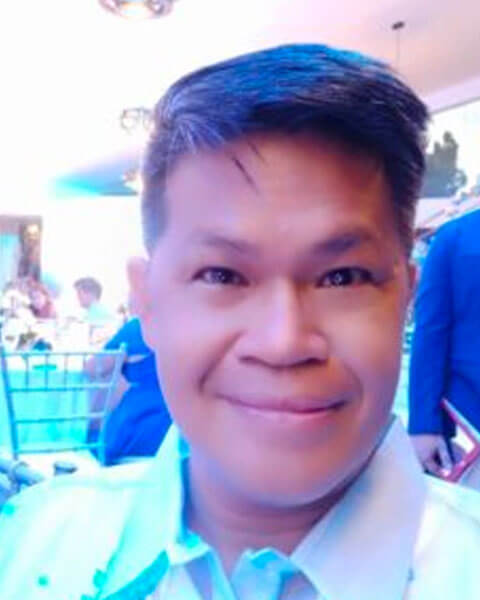
Br. Reynaldo Barnido, Executive Director at Duyog Marawi
Br. Reynaldo Barnido is a humanitarian worker, development strategist and peacebuilder for the past 25 years. He is the Executive Director at Duyog Marawi, a church based and interfaith dialogical response to the Marawi crisis in partnership with the redemptorist missionaries. He has worked extensively with faith-based organizations, particularly Caritas. His academic training in the fields of development communication, psychospirituality and emergency management.
Speaker:
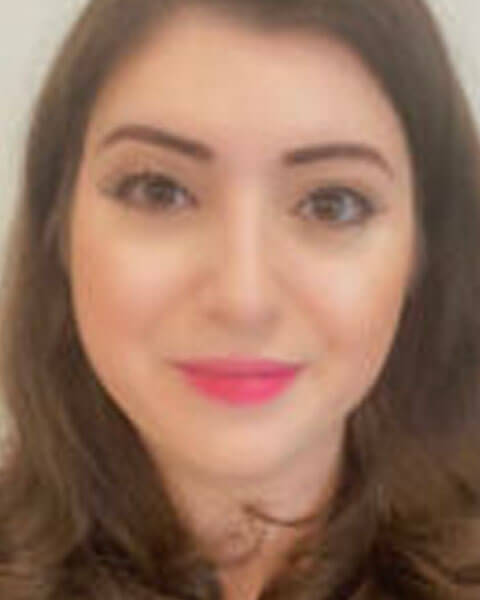
Dr. Bnar Talabani, MBE
Bnar arrived in the UK in 1998 as a refugee, having fled Saddam’s regime. Her family were targeted for their involvement in the Kurdish resistance against Saddam Hussein’s regime. She graduated from Cardiff University in 2013 and is now training as a kidney and transplant doctor. She is currently completing her PhD in Immunology at Cardiff University. Bnar, is one of the founding members of Muslim Doctors Cymru, which was formed in 2020 to combat Covid-19 vaccine myths. She later joined Team Halo, a United Nations initiative to combat misinformation & has also volunteered with the British Society for Immunology to create science backed content on vaccines.
You can find Bnar on social media:
Twitter: @bnar | Tiktok: @dr_bnar | Instagram: @dr_bnar | Facebook page: @Dr Bnar Team Halo


